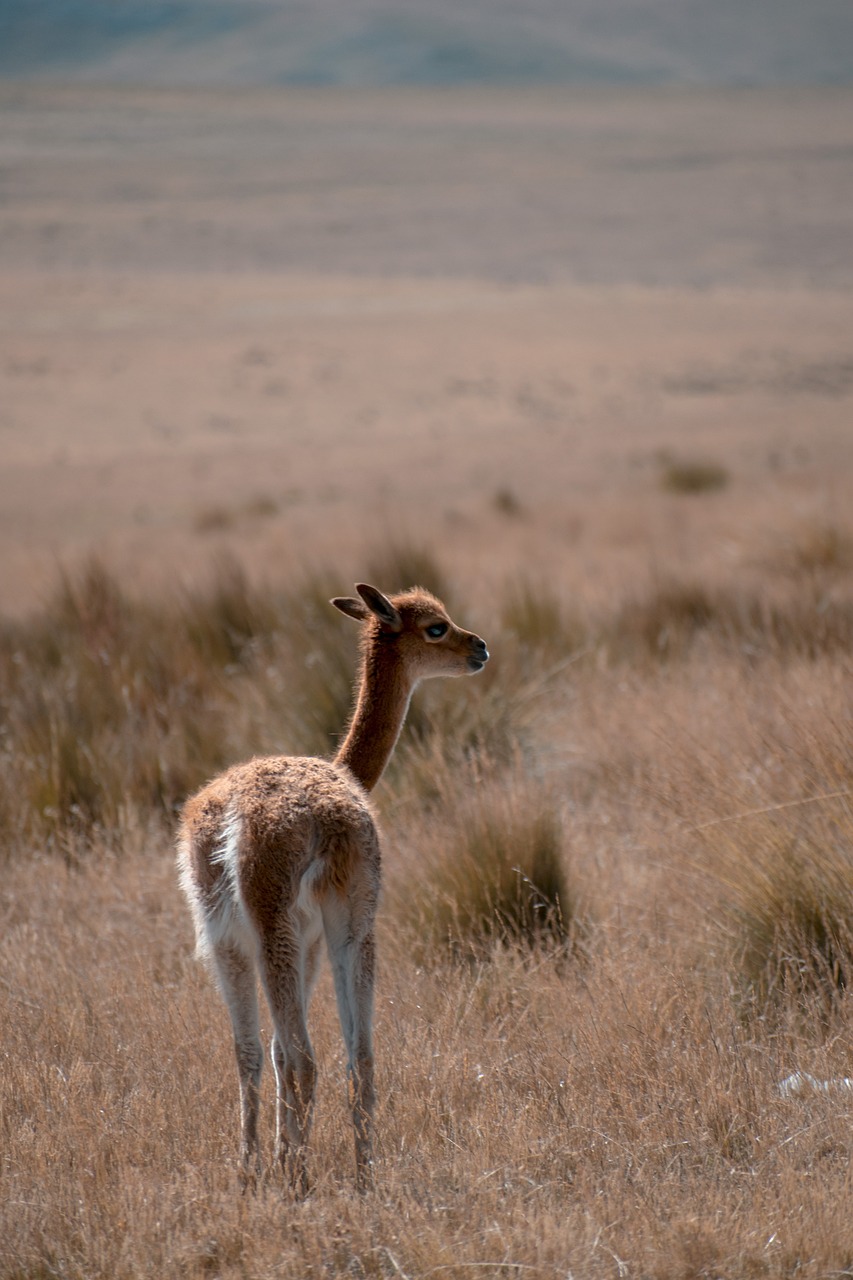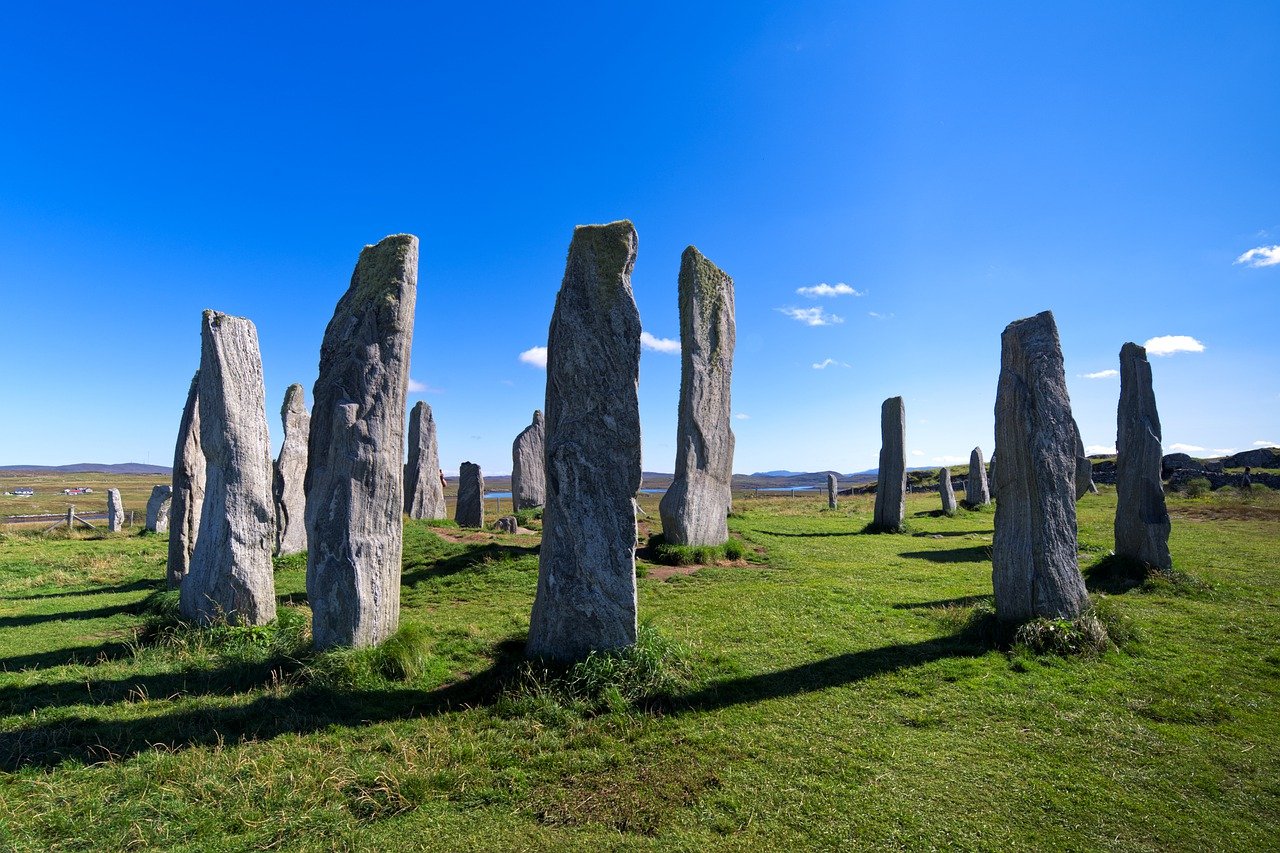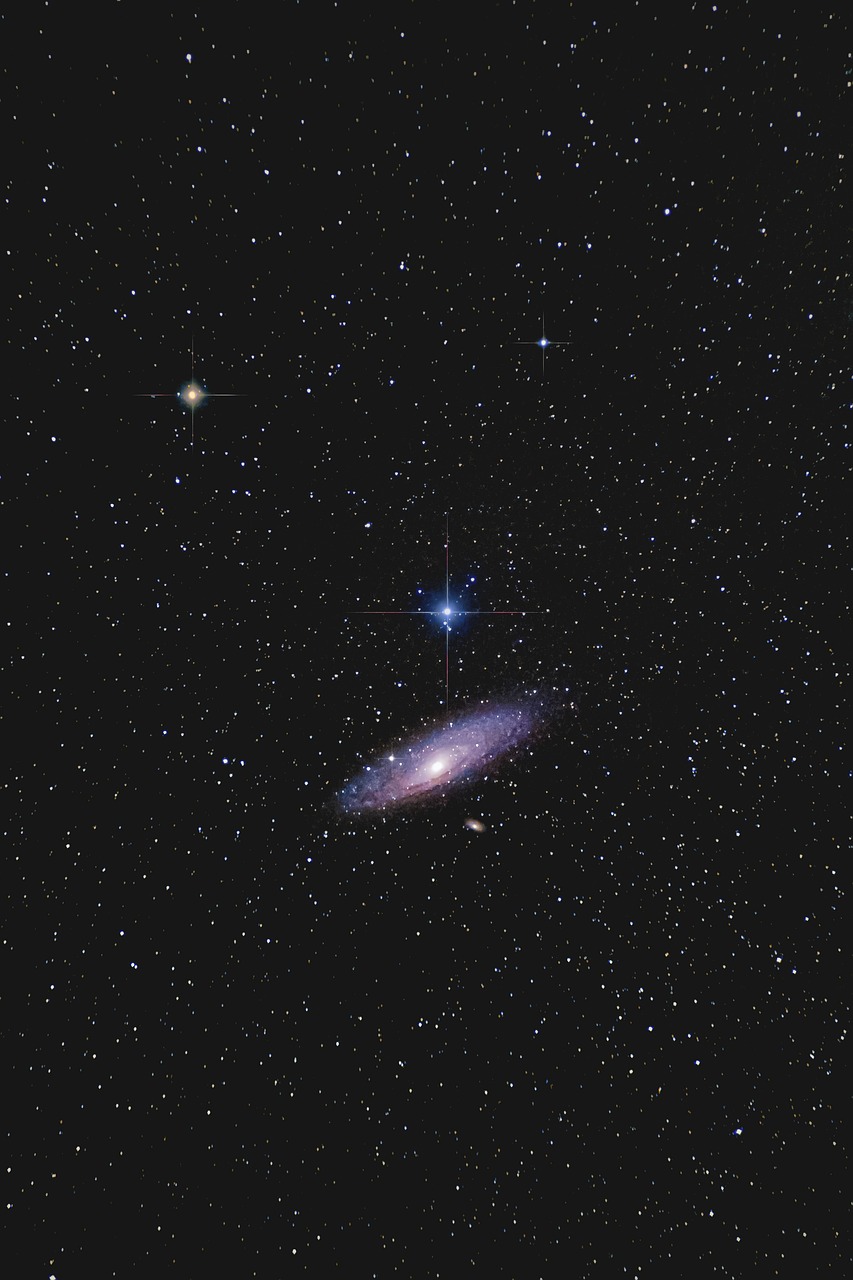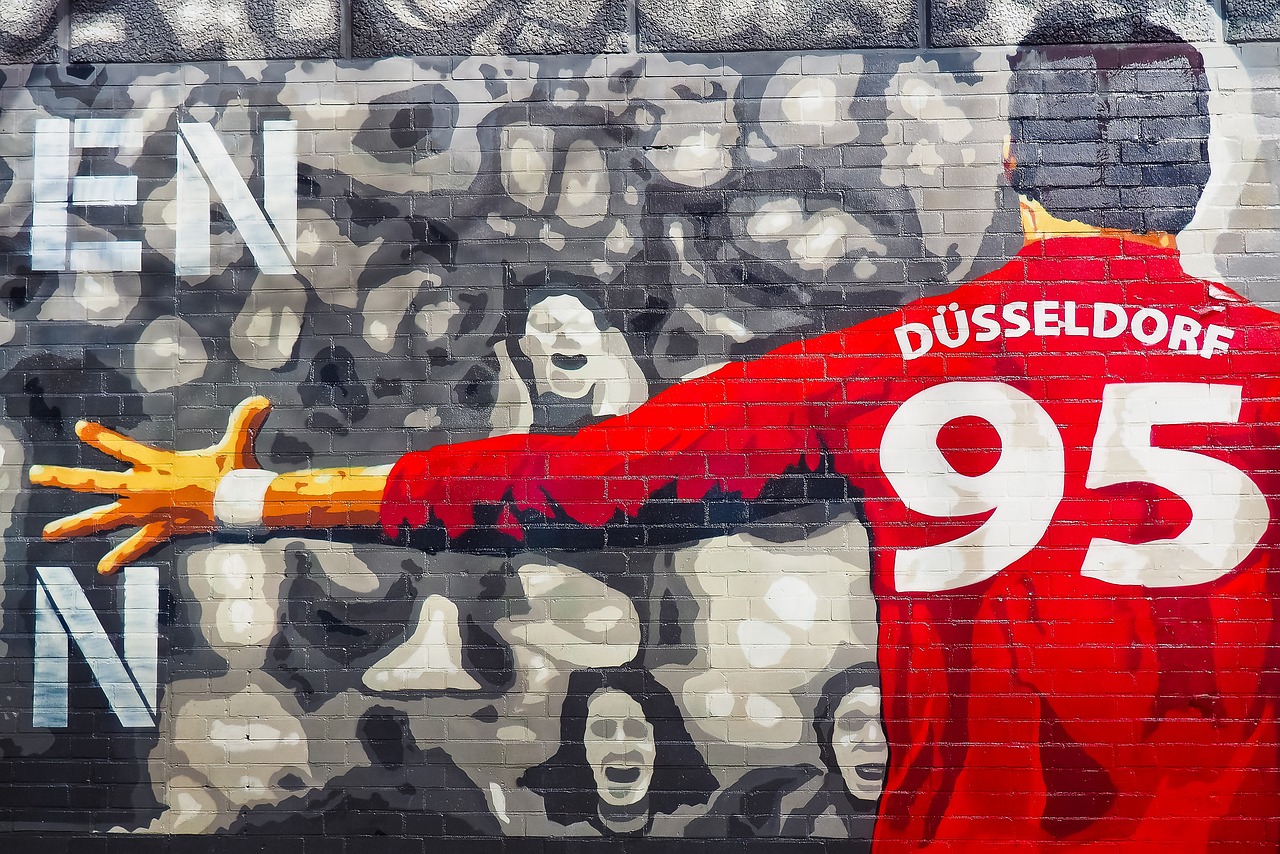Mythology
-

In ancient Greek lore, Pegasus is celebrated as an immortal winged stallion, born from the union of Poseidon and Medusa. Alongside his brother, Chrysaor—who bore a golden sword—Pegasus emerged in a miraculous manner from the neck of his mother, after Perseus had beheaded her. This majestic creature became associated with Bellerophon, a renowned hero, before…
-

Ma’at, the revered goddess of ancient Egypt, embodies truth, justice, and balance, concepts intricately woven into the tapestry of Egyptian culture. First documented during the Old Kingdom (2613 – 2181 BCE), her essence likely existed even before this period. This divine figure is typically portrayed as a woman with outstretched wings, adorned with an ostrich…
-
The name “Camulos” is often interpreted in different ways, sharing meanings that span “of Conflicts” and “the Warrior” according to Olmsted, while Delamarre suggests it means “Champion or Servant.” Olmsted expresses uncertainty over the name’s origins, whereas Delamarre is more convinced that the name is rooted in an unusual Old Irish term ‘Cumall,’ meaning ‘Champion.’…
-

One of the most celebrated figures in literary history appears in the renowned Chinese classic Journey to the West (Xiyouji, 西遊記, 1592 CE). This epic recounts the escapades of Sun Wukong (孫悟空), also known as “Monkey,” an immortal simian with extraordinary abilities obtained through spiritual practice, who challenges the authority of heaven. Similar to figures…
-
The Irish cultural landscape is deeply intertwined with the concept of death, which resonates profoundly through history and mythology. The connection between the living, the deceased, and the mourners is uniquely expressed in the Irish wake, where the mortal realm and the afterlife coalesce. It is said, according to Kevin Toolis, a Scottish journalist, that…
-

The contributions of the Romans to global civilization are noteworthy, particularly in the realm of architecture, engineering, advanced technologies, governance, and legal systems. However, they also bear the marks of cultural obliteration. While it is recognized that the Romans often integrated various cultural elements into their own society, this practice led to subtle yet profound…
-

The Andromeda Galaxy, situated a mere couple of billion light years away, is our Milky Way’s closest neighboring galaxy. It stands as one of the few galaxies observable to the naked eye from Earth. Enthusiasts of the night sky are often captivated by the Andromeda constellation, which derives its name from a legendary princess who,…
-

Eris: The Goddess of Discord Eris, often referred to as the personification of strife and discord, was a pivotal figure in Greek mythology. Known for inciting contention and rivalry, she was particularly associated with warfare and was fond of reveling in the chaos and carnage of battle. Her presence was considered a harbinger of conflict,…
-

Exploring the Goddesses of Fortune: Fortuna, Tyche, and Their Companions Welcome back to our series on Deities of Good Fortune. Having previously discussed figures like St. Anthony, Ekeko, Lakshmi, Mami Wata, and the Seven Lucky Gods, today, we travel back to the Roman Empire to uncover the significance of the Roman goddess Fortuna. To understand…


